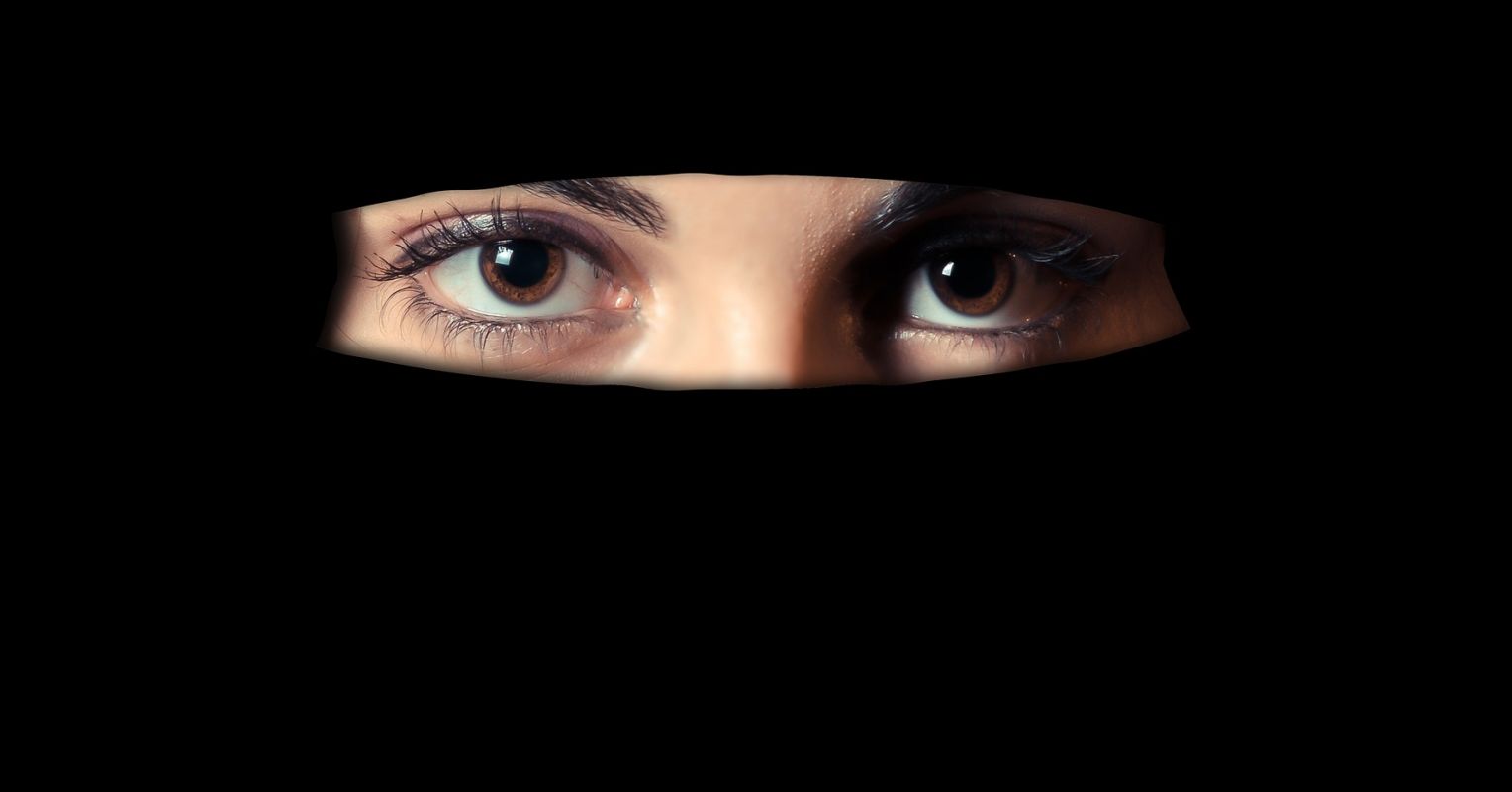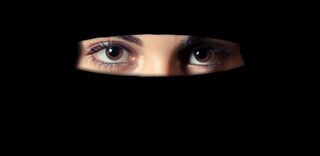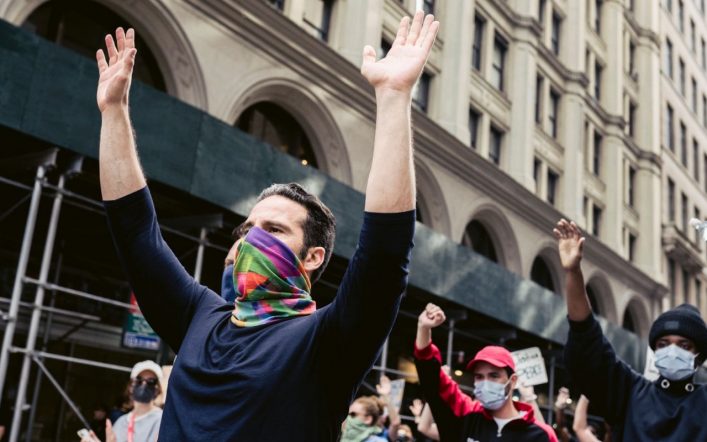How Feminism Is Shaping Arab and Muslim Household Tradition


Supply: CC0: Pixabay/Geralt
World wide, the extent of gender equality and the sociocultural placement of feminism average relationship formation in society.1 Muslim and Arab societies are fascinating on this sense. These societies, that are nonetheless largely conventional, and comparatively much less affected by feminism when in comparison with Western liberal democracies, can present some perception into how developments in gender equality and feminism are shaping household tradition and relationship improvement.
On the one hand, current information counsel that, regardless of elevated urbanization, elements of the Arab and Muslim worlds are present process a means of retrograde in that the youthful era tends to be extra conservative and fewer supportive of democracy and girls’s rights than the older era.2
Proportion of Singles Rising
However, then again, the proportion of singles within the Muslim and Arab worlds is on the rise, and, particularly for the reason that Arab Spring, ladies have been more and more empowered by their function in society.3,4
Comparable tendencies have been famous in conservative societies outdoors of the Center East, with feminist developments affecting the household construction and, due to this fact, relationship formation, notably in Islamic nations and in India,5,6 and even the place the legislation nonetheless voraciously discriminates in opposition to ladies (for example, the place legislation prohibits ladies from divorcing their husbands7).
The development of girls and gender equality within the Arab workforce has additionally been cited as a possible mechanism behind the decreased charges of marriage, leading to a shift from prioritizing profession over household in some circumstances.
Together with the developments and adjustments concerning ladies’s function in society, the discourse has developed to be extra inclusive of “singleness” for ladies, the place singlehood can now, in lots of respects, be thought of as a brand new social class that was discursively constructed. The creation of a social class for Muslim and Arab single ladies—primarily as a response to the stigmatized id of being a single girl—gives the chance to belong and determine with this group with out essentially inheriting the dysfunctions related to being single.8,9
Negotiating Two Contrasting Worlds
In doing so, Arab and Muslim single ladies now negotiate their lives and identities between two contrasting worlds: the longstanding and conventional outlook of denigration and marginalization and a brand new id of empowerment and talent.
This raises necessary questions: Are less-gender-equitable societies on the connection trajectories corresponding to these in Western societies? Are these trajectories an inevitable a part of a globalized development?
Whatever the extent to which the solutions to those questions are optimistic, the development towards singledom in each conservative and liberal societies occurred following or in tandem with advances in gender equality. Due to this fact, whereas Arab and Muslim single ladies are nonetheless affected by unfavorable social viewpoints, new discourses allow extra ladies to decide on to be single.
Dr. Elyakim Kislev is the creator of Relationships 5.0 and Glad Singlehood.




